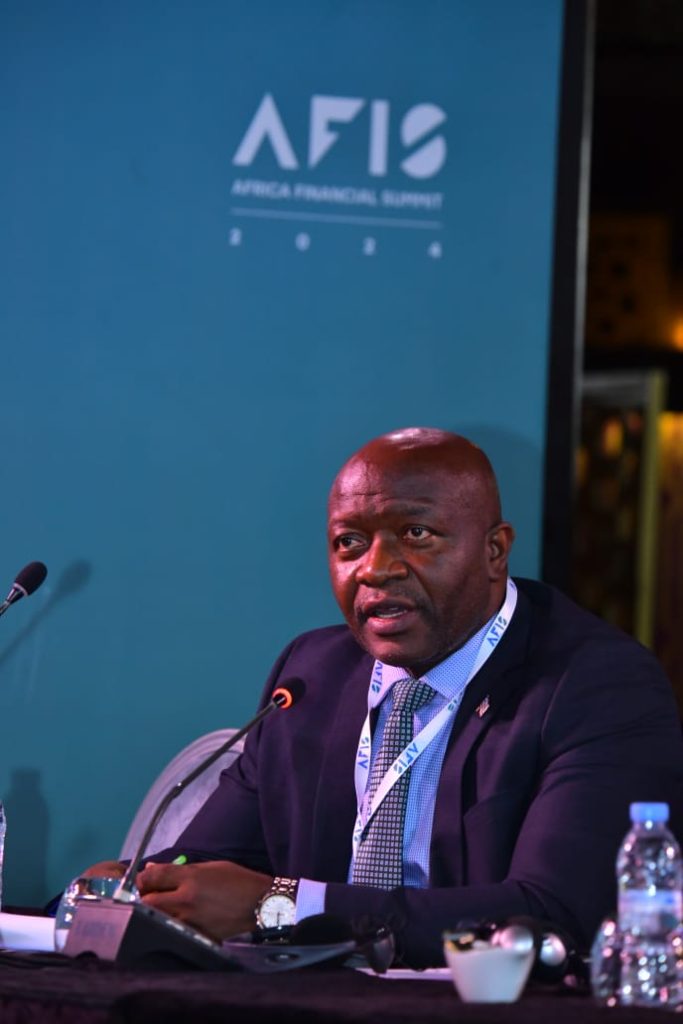Liberia’s aspiration for substantial development assistance through the US Millennium Challenge Corporation (MCC) compact has encountered an unexpected setback, leaving the nation’s financial authorities grappling with uncertainty and the need to recalibrate their development strategy. Finance and Development Planning Minister Augustine Ngafuan has expressed profound disappointment and frustration over the abrupt pause in the MCC program, despite Liberia’s initial qualification, acknowledging the dimming prospects of relying on the MCC as a primary development partner. This unforeseen development has prompted the Liberian government to reassess its financial roadmap and prioritize domestic resource mobilization and alternative partnerships to bridge the funding gap.
The initial euphoria that swept across Liberia upon news of its MCC eligibility was palpable. The prospect of accelerated development in crucial sectors such as infrastructure and energy invigorated hopes for tangible progress. Minister Ngafuan recounted the positive momentum, recalling the MCC team’s visit in January 2024, which authorized the Ministry of Finance to recruit key personnel for the program. Hundreds of Liberians applied for the advertised positions, reflecting the widespread anticipation surrounding the MCC’s engagement. However, the abrupt halt in the program has dashed these hopes, forcing Liberia to confront the reality of navigating its development trajectory without the anticipated MCC support.
While acknowledging the lack of control over the internal political dynamics of the US government, Minister Ngafuan hinted at the possibility of shifting priorities within the new US administration as a contributing factor to the MCC program’s suspension. The Liberian government, recognizing the precariousness of relying solely on external assistance, has embarked on a proactive approach to secure alternative funding sources and bolster its domestic revenue generation capacity. This shift in strategy underscores a growing emphasis on self-reliance and a determination to navigate development challenges with greater autonomy.
A key component of Liberia’s revised financial approach is the reinforcement of its “Liberia First” policy. This policy framework prioritizes actions and initiatives that safeguard the nation’s sovereignty and enhance domestic revenue streams. Minister Ngafuan highlighted the government’s commitment to maximizing resource mobilization within Liberia’s borders, reducing dependence on external aid, and fostering greater economic independence. This renewed focus on internal resources aligns with a broader effort to strengthen the nation’s fiscal resilience and ensure sustainable development progress.
Demonstrating its capacity for domestic revenue generation, the Liberian government exceeded its revenue target for the previous fiscal year, collecting US$698 million against a target of US$690 million. This achievement, coupled with the highest domestic revenue recorded in the nation’s history, underscores the potential for internal resource mobilization to drive development initiatives. Building on this success, the government is actively exploring innovative strategies to further enhance revenue collection, leveraging technological advancements and strengthening fiscal management practices.
The Liberia Revenue Authority (LRA) is poised to introduce a technological program known as the “payment switch,” designed to enhance transparency and accountability in business transactions. This initiative aims to improve revenue collection by automating receipt generation and facilitating electronic tracking of financial flows. Complementing this technological upgrade are plans to reinforce audit processes and address potential revenue leakages. These measures, coupled with ongoing concession negotiations aimed at securing optimal value for Liberia, reflect the government’s multifaceted approach to optimizing revenue streams and ensuring responsible fiscal management. By diversifying funding sources and prioritizing domestic resource mobilization, Liberia aims to mitigate the impact of the MCC program’s pause and chart a resilient path towards sustainable development.


